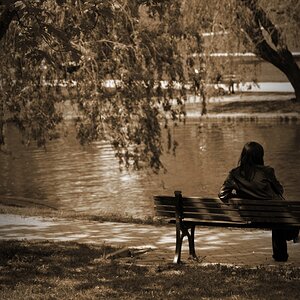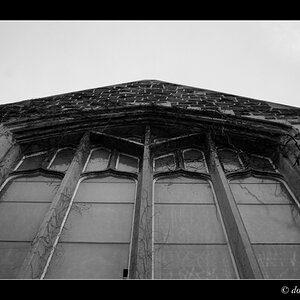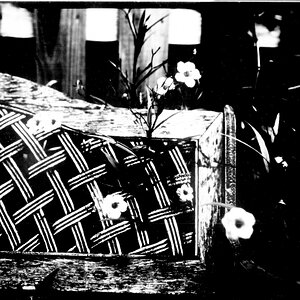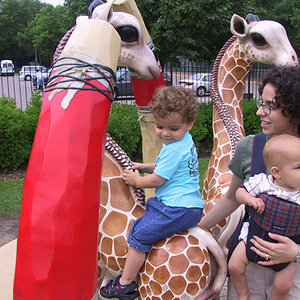Mijoh
TPF Noob!
- Joined
- Oct 29, 2007
- Messages
- 40
- Reaction score
- 0
- Location
- Fort Worth
- Can others edit my Photos
- Photos NOT OK to edit
So I'm just starting out and taking all of your wonderful advice by trialing different editing programs. I've got the 30 day trial on Elements right now and I'm working really hard on actually understanding the software. My problem is that although I've started to understand the program technically, there is still a profound learning curve against me creatively. Just because I know how to use the program, doesn't necessarily mean I know when I'm supposed to use it.
The obvious ones are easy: if it's underexposed just tweak the exposure a bit or if there's a big leaf coming out of someone's head clone it out. What about the less obvious problems though? Like just bringing out the midtones a hint, or if you just gave it a slight desaturation of green or something it would really pop! How do you learn that? Is it just experience?
So my questions to you all are these: How did you develop "an eye" for editing? Or even just "an eye" for knowing when a photograph needs some tweaking? How long do you think it took you to really be comfortable deciding on those things?
Any feedback will be much appreciated!
The obvious ones are easy: if it's underexposed just tweak the exposure a bit or if there's a big leaf coming out of someone's head clone it out. What about the less obvious problems though? Like just bringing out the midtones a hint, or if you just gave it a slight desaturation of green or something it would really pop! How do you learn that? Is it just experience?
So my questions to you all are these: How did you develop "an eye" for editing? Or even just "an eye" for knowing when a photograph needs some tweaking? How long do you think it took you to really be comfortable deciding on those things?
Any feedback will be much appreciated!


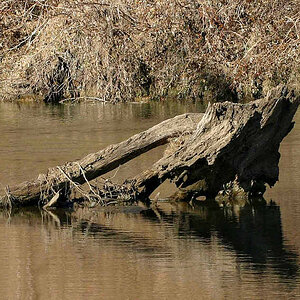
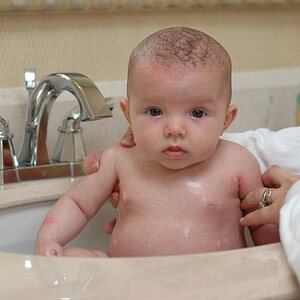
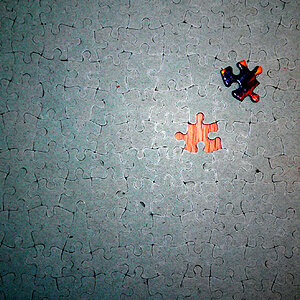


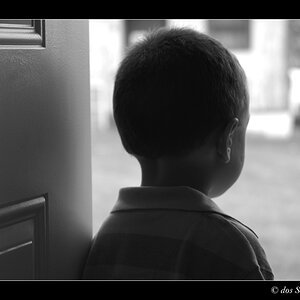
![[No title]](/data/xfmg/thumbnail/39/39295-230d6dc9ce62e92561457d4c8fb67dc6.jpg?1619738959)

